Jhelum City of the Vitasta
In stock
THE sons of Jhelum tell stories regarding the name of their town and the river that give their district its name. The favourite among these, and also the most widely believed, is that Jhelum was the name of a horse owned by that most celebrated of all classical warrior kings, Alexander of Macedonia. Jhelum was the horse, it is said, that had carried the young king across the world on his enviable career of conquest and glory. According to this legend, the horse’s fortune ran out when it was either killed in battle or died of natural causes on the site where the city of Jhelum now stands. The devastated Alexander immortalized the steed by giving its name to the city where it died. Then again, local self-assigned intellectuals tell, with great gravity of countenance, that Jhelum is a compound of two Greek words: Jul and Hum. The former meaning "water" and the latter "cool". That is, the Greeks, given as they were to drinking the water of frigid mountain streams and not finding any in the land of the Sindhu River, were so taken in by the coolness of this river that they gave it a Greek name. Needless to say that these Greeks are said to be none other than Alexander and his great horde. The last, in this list of mindless stories is that the word Jhelum signifies "hoof mark" in Greek and is so called because Alexander’s trusted charger left a mark on the soft ground at its spot. The horse would have left not just one hoof mark at Jhelum, it surely must have left its autograph in a few million spots across the Asiatic landmass from the moment Alexander set out of Macedonia on his remarkable career of military excellence. If one were to believe this story, it would be natural to ask of the special quality of this one hoof mark for it to have become the name of a town where those millions of other failed. But the truth is that Jhelum does not resemble the Greek words for cool water, so too does it get nowhere near the Greek for hoof mark. Then again, neither is the water of the Jhelum at this latitude exceptionally chilled to have inspired such a name. It is altogether another thing that Pundit Kalhana, the author of the 12th century masterpiece, Rajatarangini (Chronicle of Kings), which tells the story of mediaeval Kashmirian rulers does indeed notice the coolness of the Vitasta’s water. In his ode to Srinagar, the Pundit goes: "Where else do the inhabitants on a hot summer day find before their houses water like that of the Vitasta [cooled] by large lumps of snow?" However, long before the chilled water could reach the balmy climes of Jhelum town, the cooling snow would have melted and the water turned warm. Lastly, Alexander did not ever own a horse called Jhelum and it boggles the mind how the fiction was ever invented. Alexander’s favourite charger was the dark stallion that he called Bucephalus.

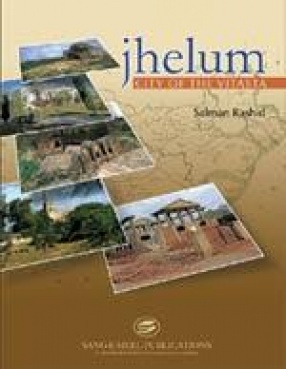
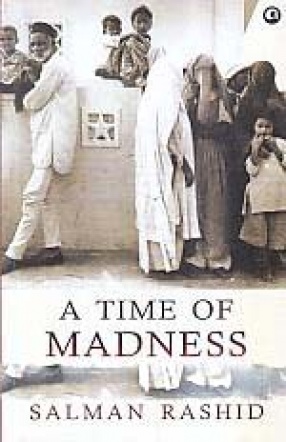
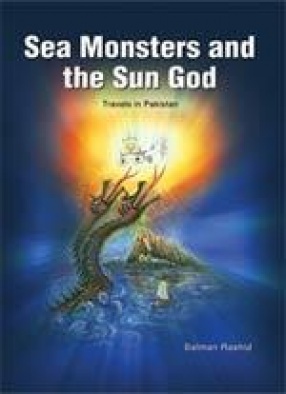
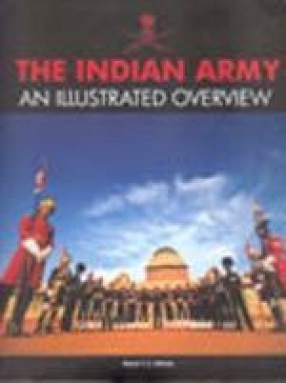

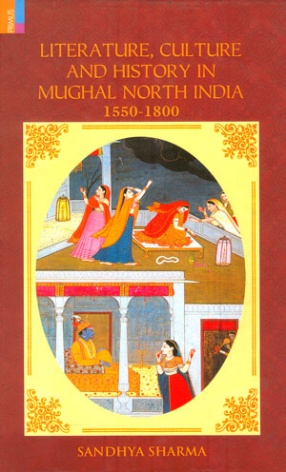
There are no reviews yet.